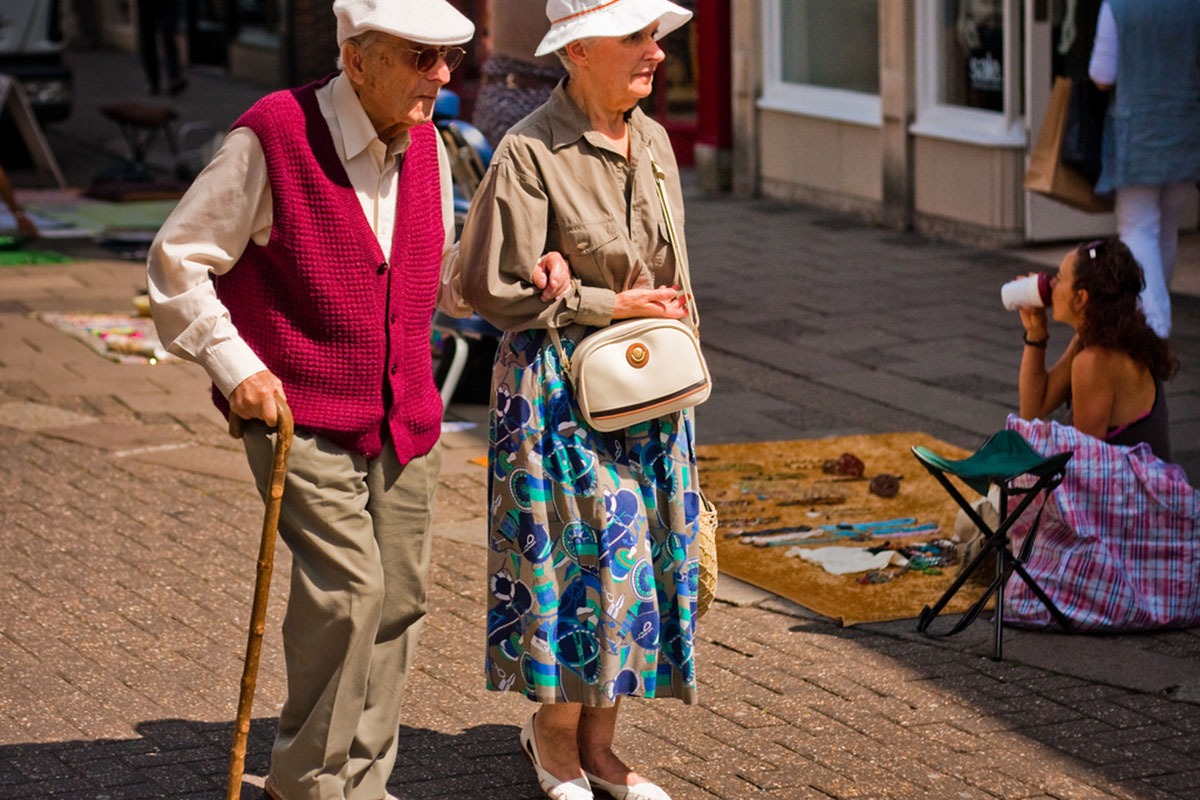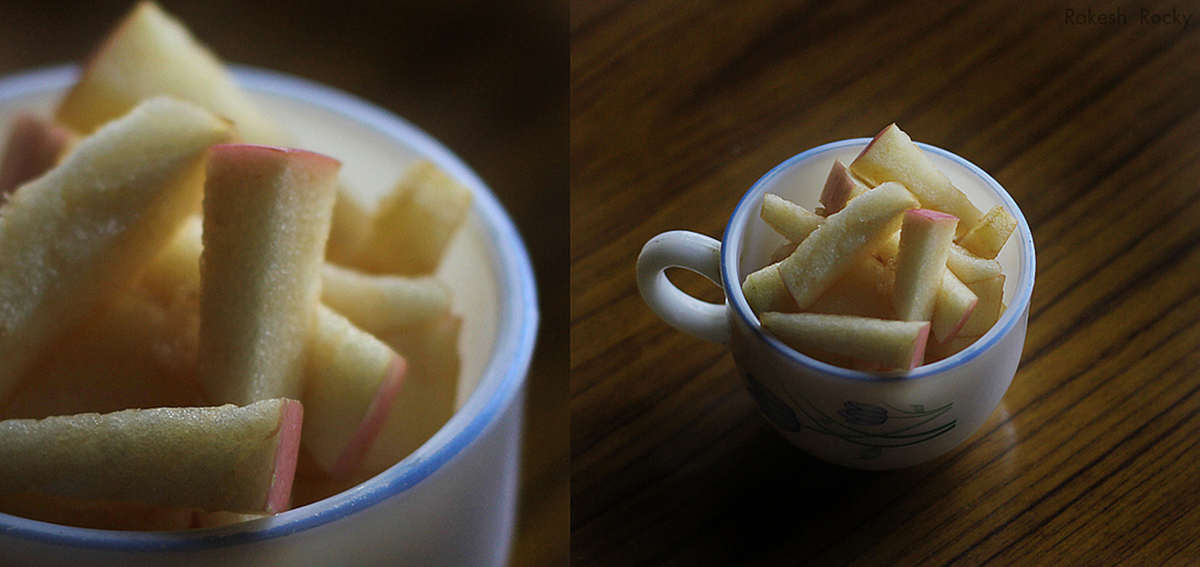What are free radicals?
Free radicals are everywhere around us in the air as well as in our bodies. They are molecules that are uncharged but have not paired with another electron and as they try to find an active electron they cause damage to the surrounding molecules to find one. All very scientific, but put into simple terms they are looking for something to combine with to allow them to work and in trying to find that they often cause damage. However, they are often used in medicines to help fight diseases in the body and break down viruses.

To understand it better we need to look back at some basic chemistry. Our bodies are made up of lots of different cells that are composed of different molecules. Molecules are one or more atoms of one or more element (for example carbon dioxide is carbon and oxygen elements combined). An atom is made up of protons in the middle surrounded by electrons on the inner shell (a bit like the moon rotating around the earth) and an atom needs to have a stable amount of electrons on the outer shell for it to be inert - not combining with any other atoms. Some atoms share electrons to make them more stable. So how is a free radical formed?
Normally speaking, an electron bond doesn't split to leave an atom with an odd, unpaired electron. But when a weak bond does split for any reason a free radical is formed. These are very unstable molecules that are fighting to gain a new electron to become stable and will attack any molecule to get that. Once a free radical steals an electron from its nearest stable molecule that too becomes a free radical providing a chain that will eventually lead to the break down of that cell - which could be any cell in the body.
And this is when we are happy that they we have them so they do have a positive to their very negative reputation. But other factors such as the environment, pollution and smoking can increase free radical production as well as age which is proven to show increased free radical activity.
See Also: Antioxidants-Your Defense Against Free Radicals
Free radicals and cancer
Most recently free radicals have been linked to an increased risk of cancer for many reasons. One theory is that excessive free radicals can actually alter our DNA and in turn cause a mutation of some cells into cancerous cells. There is a lot of press recently about how current lifestyle and eating habits are linked to a higher amount of free radicals particularly in processed foods. However, it is impossible to make a direct link between the two as it is still unknown what the cause of cancer is, but we know that free radicals are dangerous and if they increase it could be a risk factor that shouldn't be ignored.
How Can We Control The Amount Of Free Radicals In The Body?
The simplest way to limit the amount of free radicals that you have in your body is via your diet. Easy as that. Foods that are high in antioxidants are great because antioxidants neutralize the free radicals by donating an electron and ending the electron stealing they are doing. So the high amount of antioxidants you eat/consume the less chance you have of free radicals building up. They don't become unstable when donating an electron as they are stable in any form and act as hunters preventing cell and tissue damage that could eventually lead to disease, in particular heart disease from heart cell damage.

Antioxidants are found in huge forms in vitamins E and C.
Vitamin C is a water soluble antioxidant which acts to prevent free radical formation from pollution and cigarette smoke mainly.
In terms of how these vitamins can fight disease it is proven that increased levels of vitamin E prevent coronary heart diseases by defending against the bad cholesterol and plaque blocking the arteries. And vitamin C is linked to reduced levels of cancers of the mouth, larynx and oesophagus.
What can I do to get more antioxidants?
Increasing your fruit and vegetable intake is the best way to get your body jam packed with free radical fighting antioxidants. There are a range of foods that are high in vitamin C such as citrus fruits, peppers, broccoli and potatoes. Vitamin E is found in abundance in nuts, seeds and cereal products that are fortified with the vitamin. Increase the daily intake of these kinds of foods to help meet your daily need. However, there is little evidence about the effects of too much of these vitamins so its not a good idea to go out and buy lots of supplements to improve the amount. Stick to no more than 100mg of vitamin C a day and about 50mg of vitamin E.
The best advice I can give is rather than try and work out how much of each vitamin you are or aren't getting is to simply eat a varied and balanced diet.
See Also: Antioxidants And Anticancer Therapy: Benefits And Controversies
Free radicals are not something to be afraid of and they have been in our bodies as long as the human race has existed. They are receiving more media attention due to a more unhealthy way of living leading to people developing more diseases and conditions that are sped up possibly due to increased free radicals. But it is very hard to prove that free radicals are even causing some of these problems and for most people they will never become an issue. Eat a varied diet and avoid lots of processed foods to limit your risk of developing unnecessary free radicals.
- Photo courtesy of Garry Knight by Flickr : www.flickr.com/photos/garryknight/6047376560
- Photo courtesy of Entrepreneurial Dreams by Flickr : www.flickr.com/photos/22905496@N07/6262911441/
- www.naturalhealthmag.com
- www.webmd.com
- www.cancer.gov


Your thoughts on this